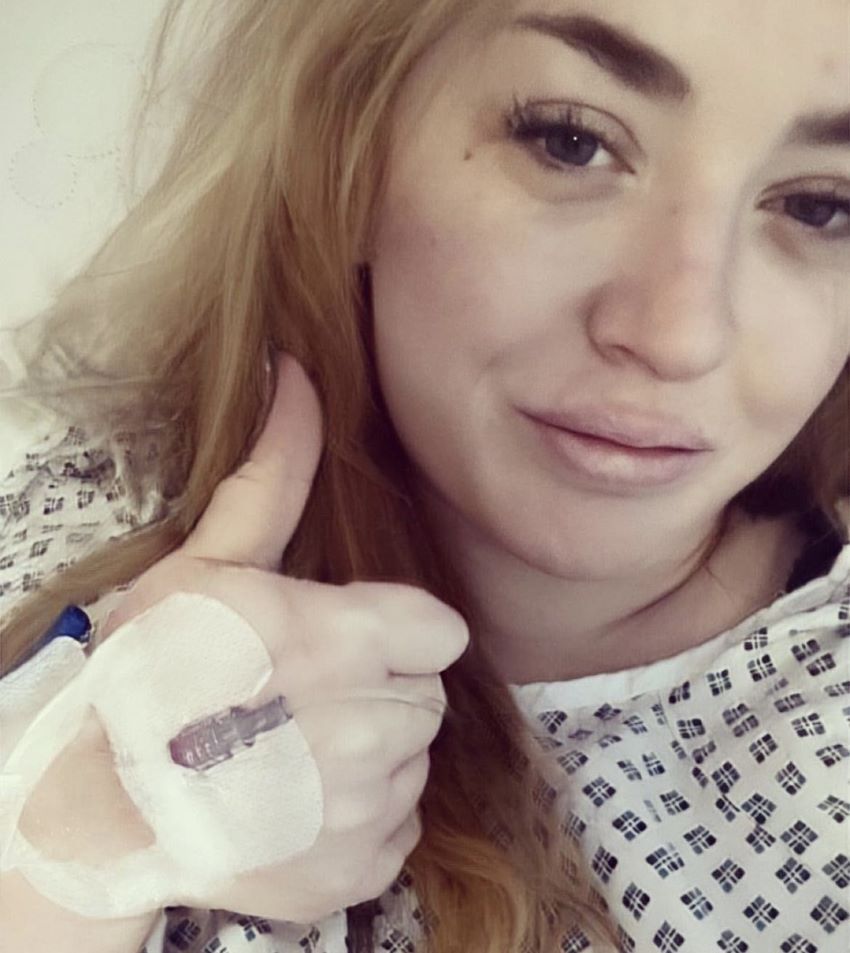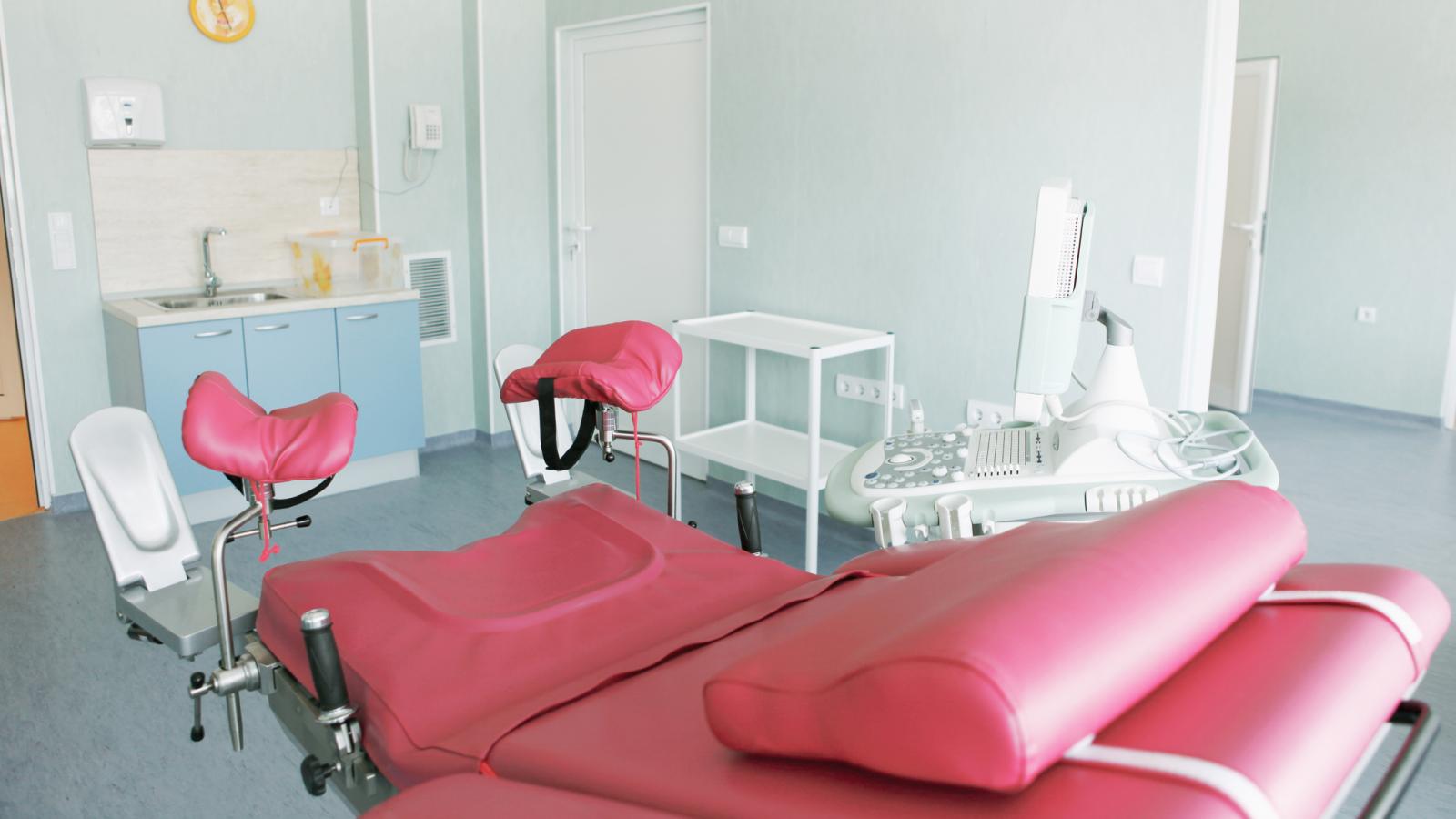The Hidden Cost of Neglect – How Ireland’s Cervical Check Scandal Changed Women’s Lives Forever
Living as young woman in Ireland whilst the cervical check scandal first appeared in the public eye meant that the topic of female reproductive health went from a stigmatised taboo to an all-consuming national conversation. Advocates such as Vicky Phelan brought the conversation of the disregard towards women’s health to the country’s forefront for the first time. However, whilst the country got to grips with the unfolding and escalating scandal, many women didn’t speak of the impact it had on them.
I recently sat down with Kerry woman, Lisa Dillane to discuss how the cervical check scandal affected her.
Lisa began by telling me about the migraines, severe pain, and heavy bleeding she had dealt with as a young woman. Increased frustration at her pain being minimised by GP’s, Lisa requested a smear test at the age of 19, rather than the recommended 25 years old. Results showed abnormal cells in her cervix, however, she was reassured and told to return in two years’ time.
Concern arose two years later at the following appointment when she was informed that she should have returned for a follow up smear test within six months of her initial one due to the abnormalities. In the two years between cervical checks, these cells had now turned pre-cancerous. Lisa recalled the feeling of dread that came over her, intensified by the thought of her young son at home, insulted by the lack of apology.
Due to worsening symptoms and the new threat of cervical cancer lingering over her, Lisa requested a hysterectomy. However, this was met with push back by her GP and gynaecologist. Lisa informed me that she was being told to consider any potential future pregnancy, while simultaneously being advised to avoid getting pregnant due to her high-risk status. She felt a lack of agency surrounding the decision to keep her uterus, regardless of whether she needed or even wanted it. For years, Lisa persisted in trying to convince doctors to proceed with her hysterectomy.
She was eventually permitted a hysterectomy in 2022, at the age of 33.
When speaking with Lisa regarding the emotional impact this journey has had on her, she expressed that if her pain was taken seriously sooner, more treatment options would have been available to her. Despite years of begging, she explained how doctors repeatedly implied that the hysterectomy was wholly her decision, rather than the result of the mistakes in her initial smear test. Congratulating Lisa on her recent marriage, I asked how she feels now that she was unable to have more children.
“It’s hard to digest that the choice was taken away from you”.

Following my conversation with Lisa, I wonder what my treatment would have looked like if I had stayed in Ireland.
In July 2022, living in the UK, I was diagnosed with stage four endometriosis and more recently, at the beginning of August 2024 I underwent major surgery to investigate and remove the endometriosis scar tissue. Over the past two years I have undergone ultrasound testing, MRI exams, vaginal smear tests, blood tests and multiple consultations with my surgeon. If I had shown signs of cancer, I would have been placed on a two-week pathway.
My experience of gynaecological care is in complete contrast to Lisa’s’. I question whether the lack of sexual education in Ireland plays its part, or whether concealing the past mistakes of a national scandal remains a priority over women’s health in Ireland today.
For more information – log onto Cervical Check Screening HERE







